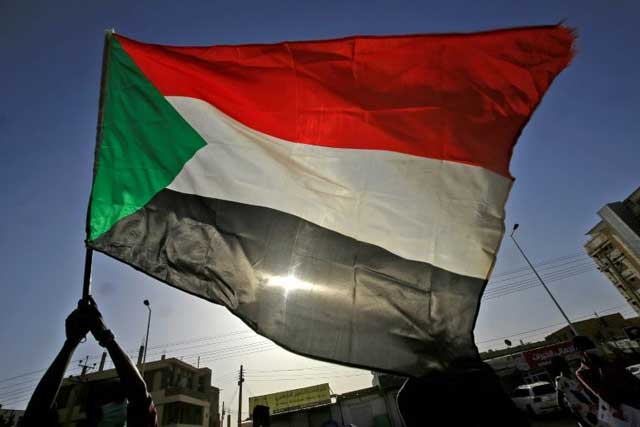
Khartoum, Sudan | Xinhua | The Sudanese government announced Friday that it had allocated three airports to facilitate the arrival of humanitarian aid.
The airports in Port Sudan and Wadi Seidna, as well as Khartoum International Airport, will serve as entry points for humanitarian aid after maintenance, said the Council of Ministers, the cabinet, in a statement.
The cabinet called on all national and foreign voluntary organizations and relevant authorities to coordinate with a special committee it formed to ensure the delivery of humanitarian aid to all affected citizens.
Khartoum International Airport, Sudan’s main airport, went out of service after being bombarded during clashes between the Sudanese Army and the paramilitary Rapid Support Forces (RSF).
The decision to allocate airports is part of efforts to implement a commitment to protect civilians, signed by the Sudanese Army and the RSF in the Saudi port city of Jeddah on Thursday following the start of peace talks on May 6.
In the declaration, the conflicting parties vow to “achieve a short-term ceasefire to facilitate the delivery of emergency humanitarian assistance and restoration of essential services.”
International organizations and authorities have welcomed the deal to protect civilians.
“While humanitarian workers, most notably local partners, have continued to deliver in very difficult circumstances, the secretary-general hopes this declaration will ensure that the relief operation can scale up swiftly and safely to meet the needs of millions of people in Sudan,” said Stephane Dujarric, chief spokesman for UN Secretary-General Antonio Guterres.
The UN chief reiterated his call for an immediate ceasefire and expanded discussions to achieve a permanent cessation of hostilities, the spokesman said.
The United Nations would spare no effort to assist in the declaration’s implementation and will continue to deliver humanitarian aid, ceasefire or not, he added.
Meanwhile, Libya’s Ministry of Foreign Affairs and International Cooperation said the declaration “represents a courageous step by both sides of the crisis to commit to protecting civilians in Sudan.”
The ministry reaffirmed Libya’s keenness to restore stability in Sudan and to encourage the Sudanese Army and the RSF to abide by their commitments in the declaration.
It also called for reinforcing the agreement between the Sudanese rivals by additional measures, “especially in the path of responding to urgent humanitarian needs.”
More than 164,000 people have sought refuge across borders since the outbreak of the military conflict in Sudan on April 15, showed the UN Refugee Agency. The International Organization for Migration estimates some 736,000 people have been internally displaced within Sudan since the start of the conflict. Almost 3.8 million people were displaced within Sudan before the outbreak of violence.
According to the United Nations, about 15.8 million Sudanese, or one-third of Sudan’s population, will need humanitarian aid in 2023, and the figure is likely to increase.
The deadly clashes have left at least 550 people dead and 4,926 others wounded, according to the figures released by the Sudanese Health Ministry in early May.
 The Independent Uganda: You get the Truth we Pay the Price
The Independent Uganda: You get the Truth we Pay the Price


